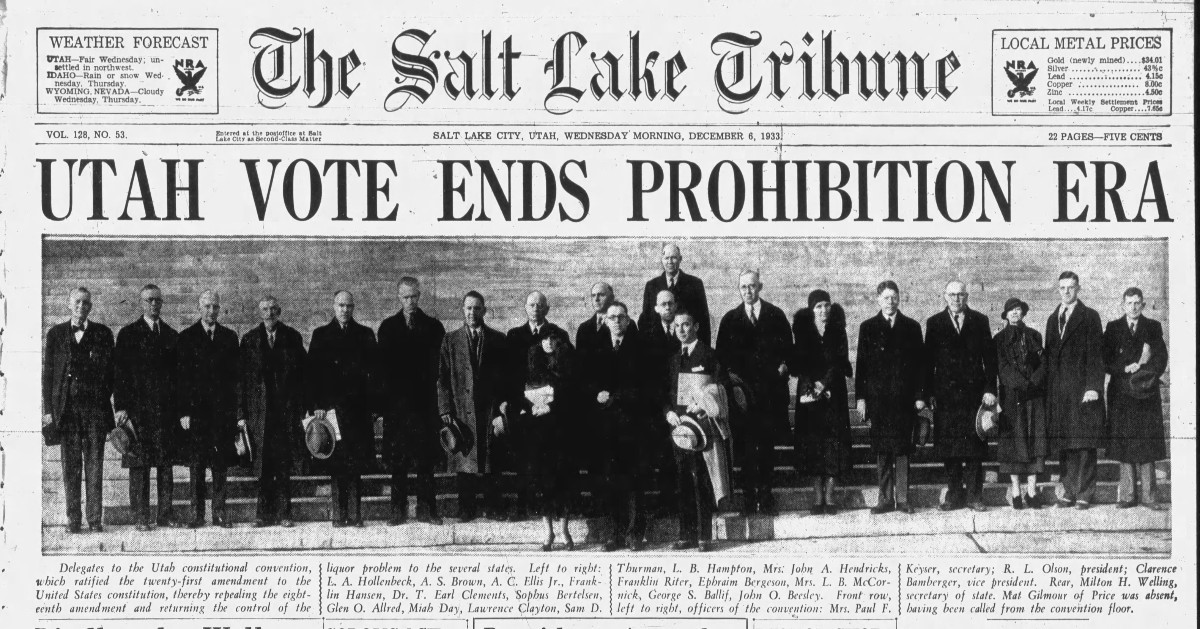
Utah Paves Way for the Historic Repeal
This blog post was written by Ethan Weinschenk, a summer 2022 intern at the Utah State Archives and Records Services. He is currently pursuing a Master’s Degree in Library and Information Science from San Jose State University and wishes to start a career as a librarian or an archivist at either a library or a cultural heritage center.
One of Utah’s key moments in US history was casting the deciding vote which ratified the 21st Amendment, repealing Prohibition. An insight into the messages of convention speakers from the deciding convention encapsulates the national sentiment on temperance, which was vital to a successful repeal.
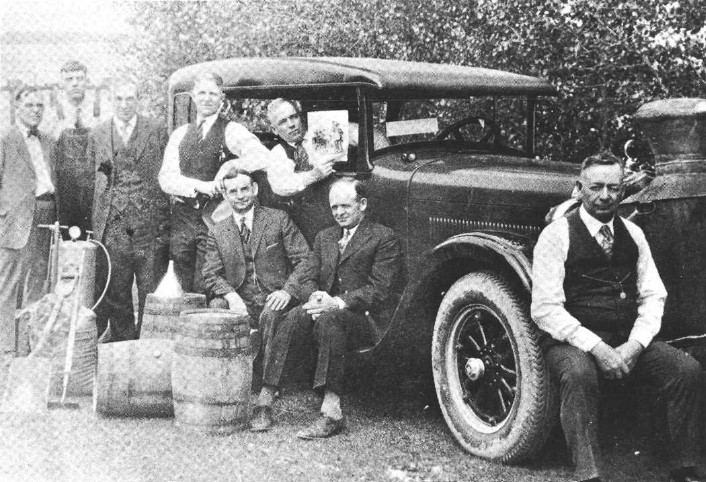
Like many states, Utah had enacted temperance laws before the 18th Amendment ratified Prohibition nationwide. In fact, evidence abounds from territorial times about a stigma related to excessive alcohol consumption. Constitutional proceedings from 1895 include a section discussing what to do about “drunkards” in a legal context. These sentiments continued into the next century with several 1915 petitions wanting an alcohol-free Utah, citing “being in line with our forefathers” and improving morality. Although it took a couple years to see these ideals become reality, the national mood eventually swept to Utah; state laws regulating alcohol consumption and use were enacted by 1917, even if Utah was late to the bandwagon.
After Prohibition was ratified at the national level, it played out in Utah much like in any other state: bootleg distilleries and speakeasies were exposed by law enforcement, but so much other covert activity remained uncovered throughout the state. Comprehensive enforcement was impossible on such a grand scale. Although alcohol-related gang violence was less pronounced in Utah compared to more urban states, there were still bootlegger shootings, and crime rates skyrocketed. In areas of the US where alcohol consumption increased, the promised economic benefits of Prohibition never materialized. Instead, industries like trucking and entertainment struggled without legal alcohol to boost them.
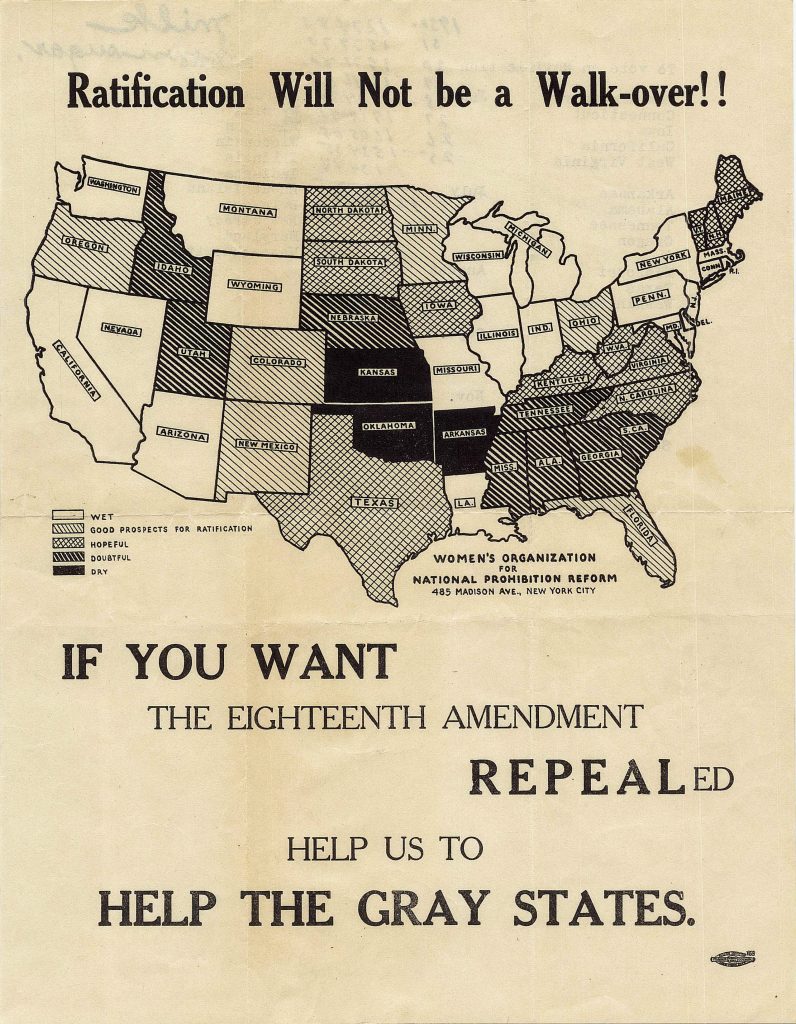
These problems, no doubt realized by the Depression, led to national disillusion with Prohibition to the point where an amendment to overturn it was written in 1933 (supported by President Franklin Roosevelt). This unprecedented overturning had something else unheard of before: it’s the only amendment ratified by state conventions of delegates and not by state legislatures.
On November 7, 1933, Utah held an election to see whether 21 delegates for ratification or 21 delegates against ratification would proceed to the state convention for the 21st Amendment in the following month. The former group won as an aggregate, which basically assured Utah’s ratification of the 21st Amendment that December.
On December 5, 1933, Utah held a convention at the State Capitol in Salt Lake City to ratify the repeal of Prohibition. Thirty-five states had previously ratified the overturning amendment. This convention was an orderly and smooth affair since any dissent would be ineffectual with all the present delegates pledging to vote Yea. The official ballot took all of 20 minutes and the proceedings were very undramatic. It was presided over by Governor Henry H. Blood, whose policies were a blend of fiscal conservatism and support for the New Deal.
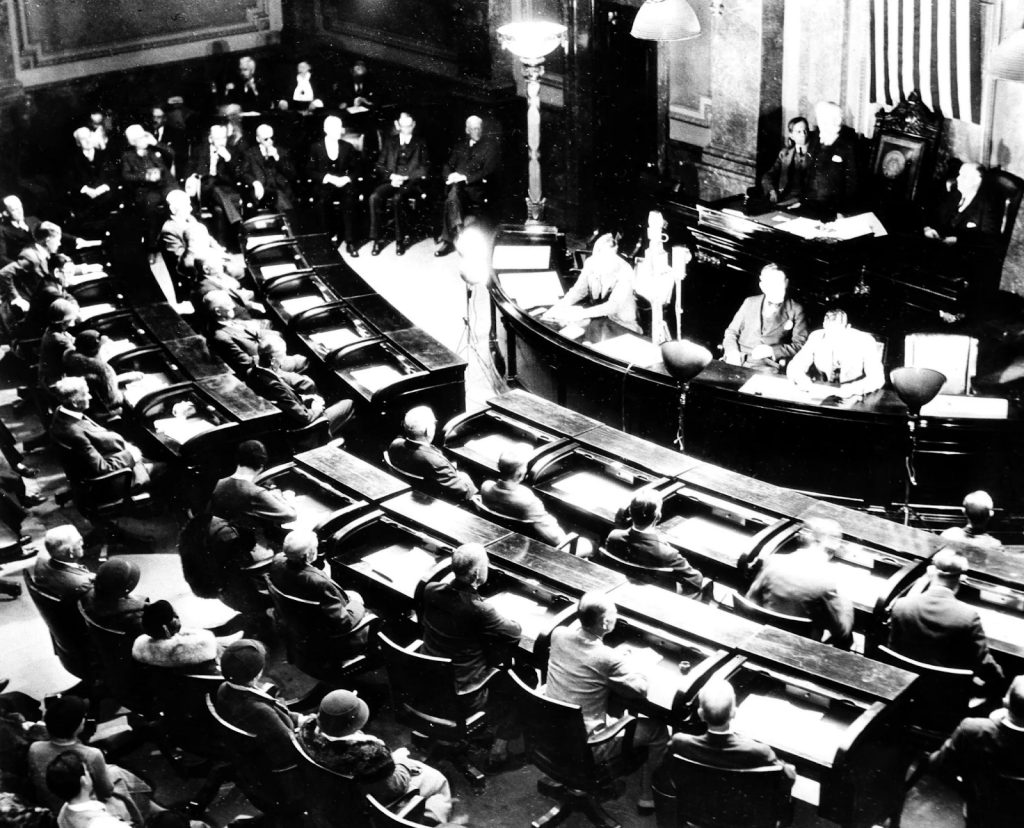
The keynote addresses from the convention show robust arguments for amendment ratification in line with the prevalent national mood. They indicate a complete disillusionment with Prohibition, with little attempt at ever playing devil’s advocate. The speakers almost always backed up their claims with historical proof, and helped illustrate the major reasons why nationwide Prohibition was a failure. At the same time, they advocated for a different approach to temperance, one that was more in line with the original intent of the Constitution.
Convention President Ray L. Olson of Ogden emphasized that just like the present convention, “it is important to note that the great statesmen who framed the Constitution specified that it should be ratified by conventions of [the] states.”
President Olson unremittingly stated how the 18th Amendment being seen as a “noble experiment” doomed it to failure and led to a fractious climate with an increase in crime rate, “nullification, graft, corruption, racketeering, debauchery, murder, and gang rule.” The false dichotomy perpetuated by Dry advocates was deemed responsible for the current situation. President Olson stressed that repeal advocates wanted temperance as much as their Dry counterparts but understood the ineffectiveness of federal restrictions to stop alcohol abuse and crime, and the need to explore new and different ways to encourage temperance. He gave several reasons why repeal was in order by summing up the national mood:
We have discovered that government restrictions failed to regulate, or in the least bit influence, the appetites of men… We have observed a demoralization in the moral fiber of the nation with reference to law and order… A shocking indifference has developed among all classes of citizens to the functioning of law and government… The example of an aroused electorate in abandoning the 18th Amendment must be followed in relation to all unenforceable or proper laws.… The American people have, in no uncertain terms, repudiated their own action by repealing the Eighteenth Amendment.
Convention President Ray L. Olson
Although it was later revealed that he felt lukewarm about ratification, Governor Blood’s sentiments were in line with the above statement, since he praised the “legal, orderly, and dignified manner” of the convention. He also praised Utah for “suddenly being placed in a position where it will make history” (when it was a relatively isolated state) and elaborated on Olson’s claim by acknowledging temperance being a common cause:
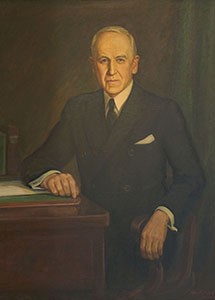
I am convinced that there is widespread and perhaps almost universal desire to promote temperance… It is to be hoped that such legislation as ultimately is deemed necessary will be enacted only after calm, sober, clear-minded, and intelligent study has been given to the whole subject, and then by the exercise of wise judgment. In this task the entire citizenry should dedicate united efforts, not as winners or losers at the recent election, but as loyal citizens of the state and our common country.
Governor Henry H. Blood
Franklin Riter, chairman of the convention’s Resolutions Committee, took a measured approach to the issue not wholly unlike the governor’s moderate rhetoric, beginning with a feeling of “great exaltation” about the end to a “tragic appendage to our fundamental law” but staidly discouraged “emotional flag-waving” and “frivolous demonstrations.” His argument rested on the idea that Prohibition entailed “definite violations upon the principles upon which our government was founded.” Riter argued that the purpose of the Constitution was to enable individual rights, not to restrict them, as evidenced by the inclusion of the Bill of Rights as the only way that Anti-Federalists fully got on board with the Constitution. Practically every succeeding amendment strengthened natural rights or ended obsolete practices.
Riter deemed the 18th Amendment to be a constitutional anomaly and explained its unpopularity, claiming that it:
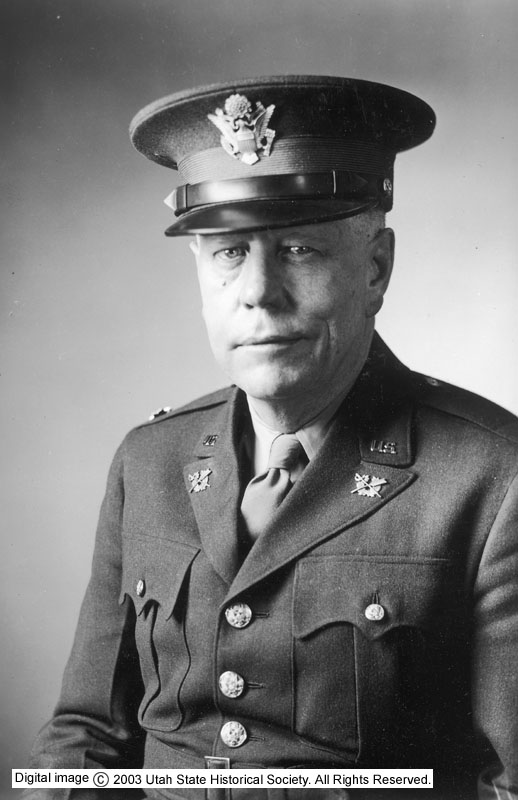
Sought to curb and limit human action… deprive him of free action. Its anomalous position is self-evident even to the most casual student…We find that it flagrantly opposed the established philosophy of our form of social organization, and was repugnant to one of our fundamental conceptions of the purposes and functions of the federal constitution… It was in direct opposition to the fundamental proposition in our conception or plan of government.
Franklin Riter, Chairman of the Resolutions Committee
Riter also credited the citizenry for asserting that a “foundation stone of their governmental structure (individual rights) must not be dislocated nor its position changed,” and said that Prohibition was completely out of step with American sensibilities because the US government is about limiting federal powers, even if “we must all surrender a certain degree of freedom in order to secure unity of action and an orderly mode of life.” Riter saw opposition as quite valid and a movement to return individual rights, a philosophy viewed as the main ideology in the world since the Age of Reason. This was enshrined in the Constitution and carried out in the US government. Prohibition was seen as federal overreach because of “the state existing for the benefit of the people, not the people for the benefit of the state.” The framers knew that despotism and monarchical rule was likely and “prepared against such contingencies” to avoid it. Riter praised the judiciary for “being defenders of the Constitution” and “not hearkening to… a hysterical crowd,” and praised Utah for “fulfilling its responsibilities as a Sovereign State of the Republic” in line with individual rights.
Delegate Lawrence Clayton of the Resolutions Committee saw repeal as the gateway to an increase in revenue, which contrasted with 1919 temperance advocates claiming that Prohibition would help certain industries flourish:
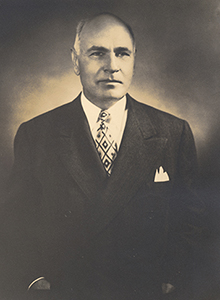
And I disagree with those pessimists who cry that such revenues can not be realized except by this country of ours going on a permanent spree. If the total consumption per capita in this country of ours should never increase beyond the present consumption… I am confident that a very important revenue will accrue to both national and state units. And best of all, most of this revenue can come from the worst byproduct of Prohibition, namely, the bootlegger, the moonshiner, the racketeer. Whether it will come from him depends largely on the wisdom of government in enacting taxes and control.
Delegate Lawrence Clayton of the Resolutions Committee
This ties into a proclamation made by President Roosevelt which said that repeal would “permit [municipalities] to realize needed revenues hitherto unavailable.” Like all the speakers, Clayton held FDR in high regard.
Clayton called Prohibition a “foolish law” which heightened crime and placed “temperance above ministry and frankness above bigotry.” His rhetoric became unitary as he implored citizens “for or against repeal to work… diligently for wise and effective control.”
Not all of the addresses at the convention were this weighty. A more positive, light-hearted speech was given earlier on by Anthony Ivins, who had been a delegate to the 1895 Utah Constitutional convention. His deliberately apolitical, ad-libbed address focused on how remarkable it was that so many attendees to that convention came from such a wide array of backgrounds—“north and south and east and west”—and vocations—“merchants and bankers and lawyers and doctors, literary men, cattle and sheep men, men of all avocations.” He also cited the symbolism of the present occasion in regards to Utah’s initial statehood, and added some humor to his address by reciting a verse that mentioned many prominent statewide civic figures, delivered with an alphabetical theme. An excerpt is included below:
‘A’ stands for Adams, the first on the list.
Whenever he’s absent he never is missed
‘B’ stands for Button, a great man because
He’s the one that suggested ‘a riggin’ with drawers’
‘C’ stands for Coray, of ‘P. Buncombe’ fame
But he’s sorry and never will say it again
Eventually, all 21 delegates voted Yea on ratification, which was expected. After relaying a special thanks to Columbia Broadcasting, the National Guard, Utah Secretary of State Welling, and the Salt Lake City Chamber of Commerce, an official telegram was read, and the Secretary of State relayed a telegram to Washington, DC. The convention was adjourned after the announcement of an established stipend for the delegates. Utah had officially cast the decisive vote on Prohibition repeal, sealing the ratification requirement of ¾ majority of state legislatures.
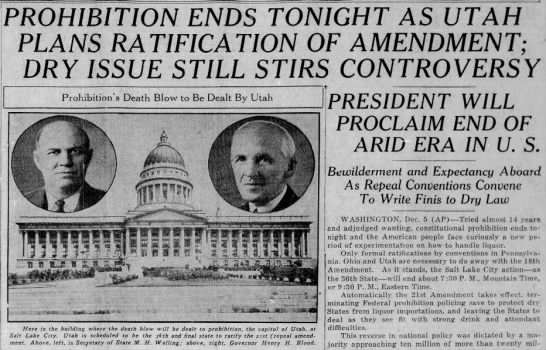
As envisioned in the rhetoric of the Utah delegates, the 21st Amendment did not mean complete abandonment of the temperance cause. Rather, it let states determine alcohol laws with the assurance that it would be legal. For instance, Utah liquor stores are state-subsidized. This more moderate approach to temperance, on both the state and national level, was enabled by Utah’s ratification of Prohibition repeal, argued persuasively and earnestly, paving the way for a more nuanced approach to temperance that is still in effect today. The rhetoric of the delegates, rooted in historical evidence and a nuanced approach to temperance, reflected the national sentiment and led to the final overturning of Prohibition. On a related note, history has proven that Utah rolled with the national tide on the road leading up to the 18th Amendment and its repeal, and its vital role in assuring repeal made a profound difference in the history of alcohol legislation in the US.
Sources Consulted
- Brown, C., Paxton, R.V., and Welland, B. (1980, 2016, 2018). Bamberger family papers, 1845-1005 [finding aid]. University of Utah Libraries, Special Collections. Retrieved August 1, 2022 https://archiveswest.orbiscascade.org/ark:/80444/xv98348
- Garnett, E.M. (December 5, 1933). Proceedings reports Convention to Ratify the 21st Amendment, Administrative Records, 06300001004, Series 6300, Reel 1, Folder 4. Utah Division of Archives & Records Services.
- Henry Hooper Blood (n.d.). Utah Division of Archives and Records Services. https://archives.utah.gov/research/guides/governor-blood.html
- Lerner, M. (n.d.). Unintended consequences of Prohibition. PBS. https://www.pbs.org/kenburns/prohibition/unintended-consequences/
- Office of the Federal Register (2016). Constitutional amendment process. National Archives
- Office of Milton H. Welling, Secretary of State, State of Utah. Delegate election certificates (1933). Convention to Ratify the 21st Amendment Administrative Records, 06300001001, Series 6300, Reel 1, Folder 1. Utah Division of Archives & Records Services. https://images.archives.utah.gov/digital/collection/6300/id/1/rec/1
- Powell, A. K. (1994). Prohibition. Utah History Encyclopedia. https://www.uen.org/utah_history_encyclopedia/p/PROHIBITION.shtml
- Prohibition (2016). Digital History, University of Houston. http://www.digitalhistory.uh.edu/disp_textbook_print.cfm?smtid=2&psid=3383
- Ratification certificate, working copy (1933). Convention to Ratify the 21st Amendment Administrative Records, 06300001003, Series 6300, Reel 1, Folder 3. Utah Division of Archives & Records Services. https://images.archives.utah.gov/digital/collection/6300/id/23/rec/3
- Repeal of the 21st Amendment. (2020). Government Publishing: Authenticated US Government Information. https://www.census.gov/history/pdf/21stamendment012019.pdf
- Salt Lake Tribune. Newspaper clippings. (December 6, 1933). Convention to Ratify the 21st Amendment Administrative Records, 06300001006, Series 6300, Reel 1, Folder 6. Utah Division of Archives & Records Services. https://images.archives.utah.gov/digital/collection/6300/id/7/rec/5
- Utah Constitutional Convention (March 23, 1895). Transcript of Proceedings: Twentieth Day: Saturday, March 23, 1895. 03212002017, Series 3212, Box 12, Folder 17. https://images.archives.utah.gov/digital/collection/3212/id/14571
- Utah Senate (February 18, 1915) 1915 Session: Petitions 50-53. 00428014034, Series 428, Box 14, Folder 34. Utah Division of Archives & Records Services. https://images.archives.utah.gov/digital/collection/428/id/18696
Images used
- Associated Press. “Here is the group in Utah that pulled the plug out of Uncle Sam’s liquor barrel, Dec. 5, 1933.”
- Boston Rare Maps. “Ratification will not be a walk-over!!” 1933
- Federal Reserve History. “Lawrence Clayton” n.d.
- Public Opinion. “Prohibition ends tonight.” Chambersburg, PA. December 5, 1933. As seen in Galloway, T. “This Week in History — 21st Amendment Ends Prohibition.” Newspapers.com. December 5, 2018. Retrieved August 1, 2022.
- Salt Lake Tribune. “Utah vote ends Prohibition era.” December 6, 1933.
- Utah Department of Cultural and Community Engagement. “Franklin Riter” Image digitized by Utah State Historical Society in 2003.
- Utah Historical Quarterly. “A late 1920’s still seizure in Carbon County.” n.d.
- Utah History Encyclopedia. “Henry H. Blood.” n.d.
Recent Posts
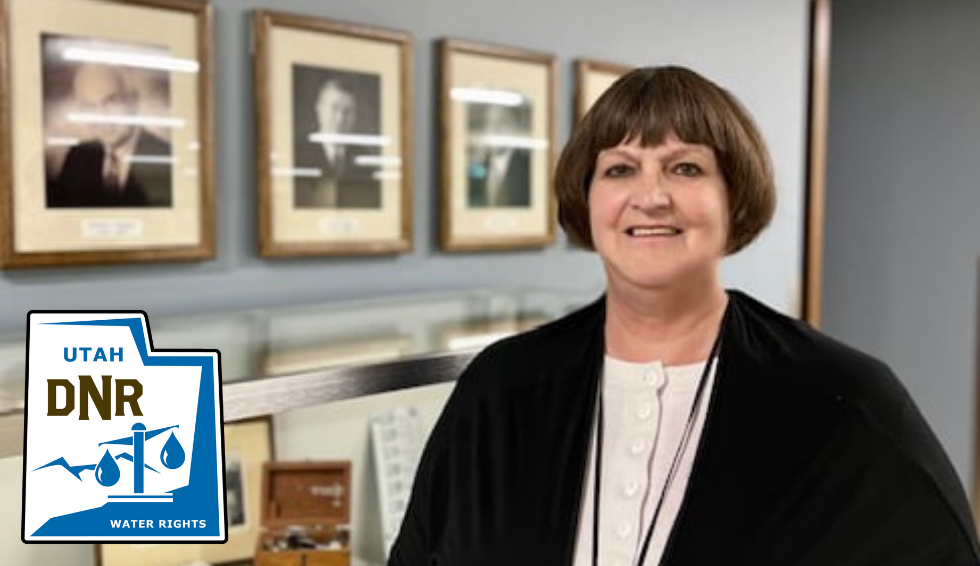
ARO Spotlight: Debbie Berry from the Division of Water Rights

Utah History Day 2024: Archival Research Winners
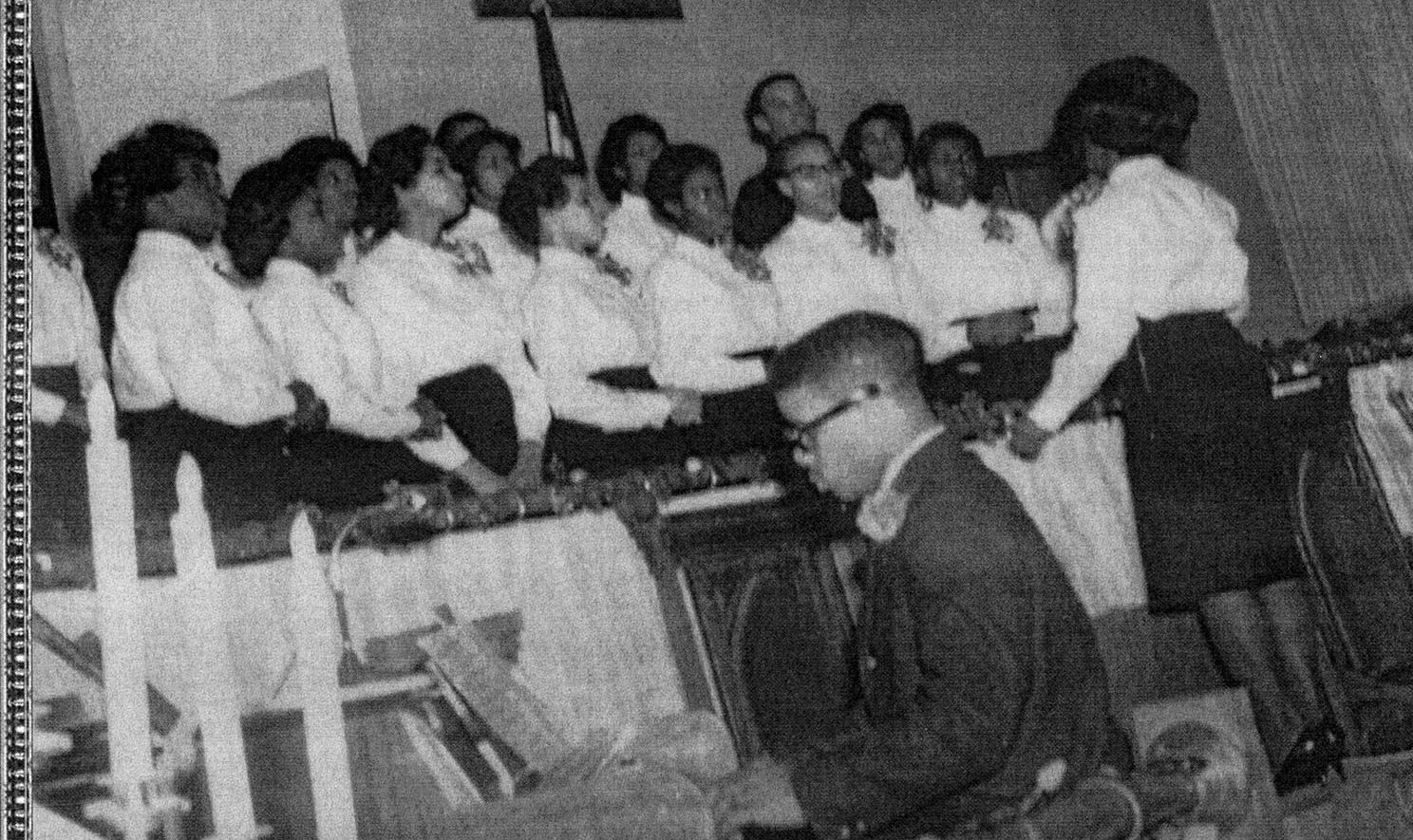
From Pews to Pixels: Weber State’s Stewart Library Digitizes New Zion Baptist Church’s Legacy
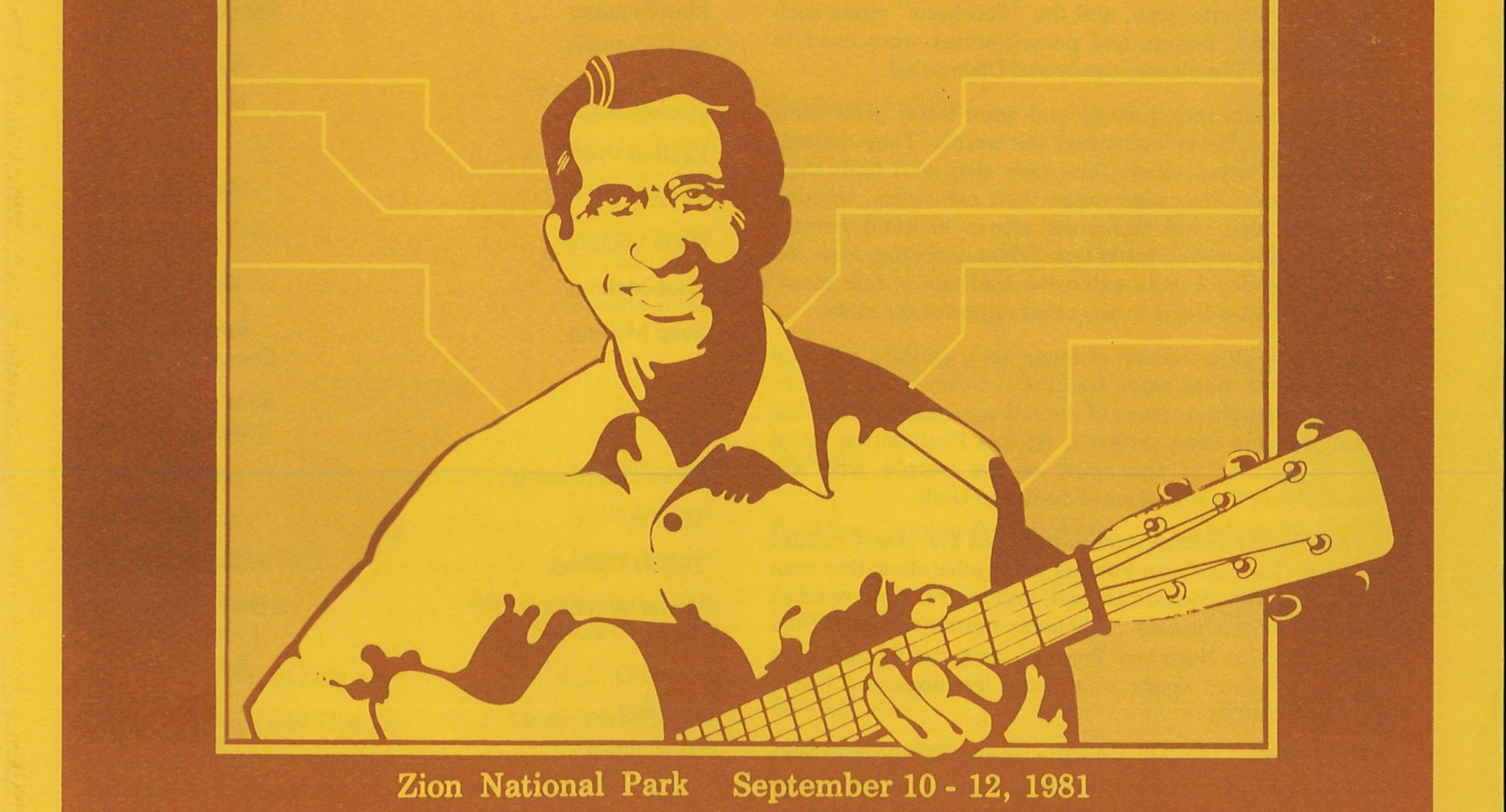
New Finding Aids at the Archives: March 2024
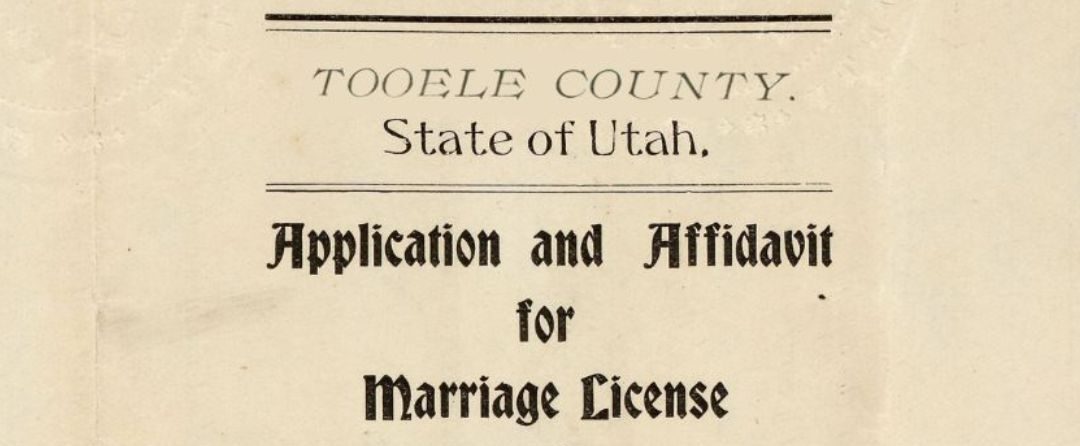
Sealing the Deal: Tooele County Clerk’s Office Unlocks the Vault with Historic Marriage Records
Authors
Categories
- Digital Archives/
- Electronic Records/
- Finding Aids/
- General Retention Schedules/
- GRAMA/
- Guidelines/
- History/
- Legislative Updates/
- News and Events/
- Open Government/
- Records Access/
- Records Management/
- Records Officer Spotlights/
- Research/
- Research Guides/
- State Records Committee/
- Training/
- Uncategorized/
- Utah State Historical Records Advisory Board/